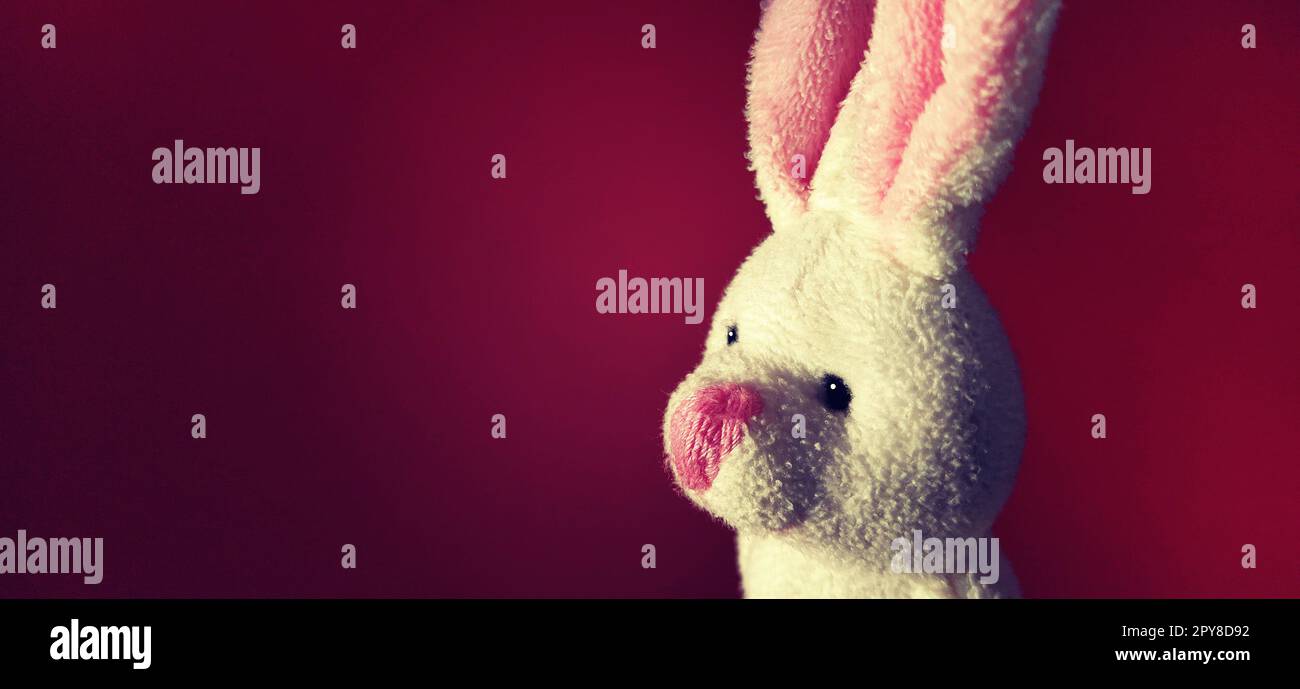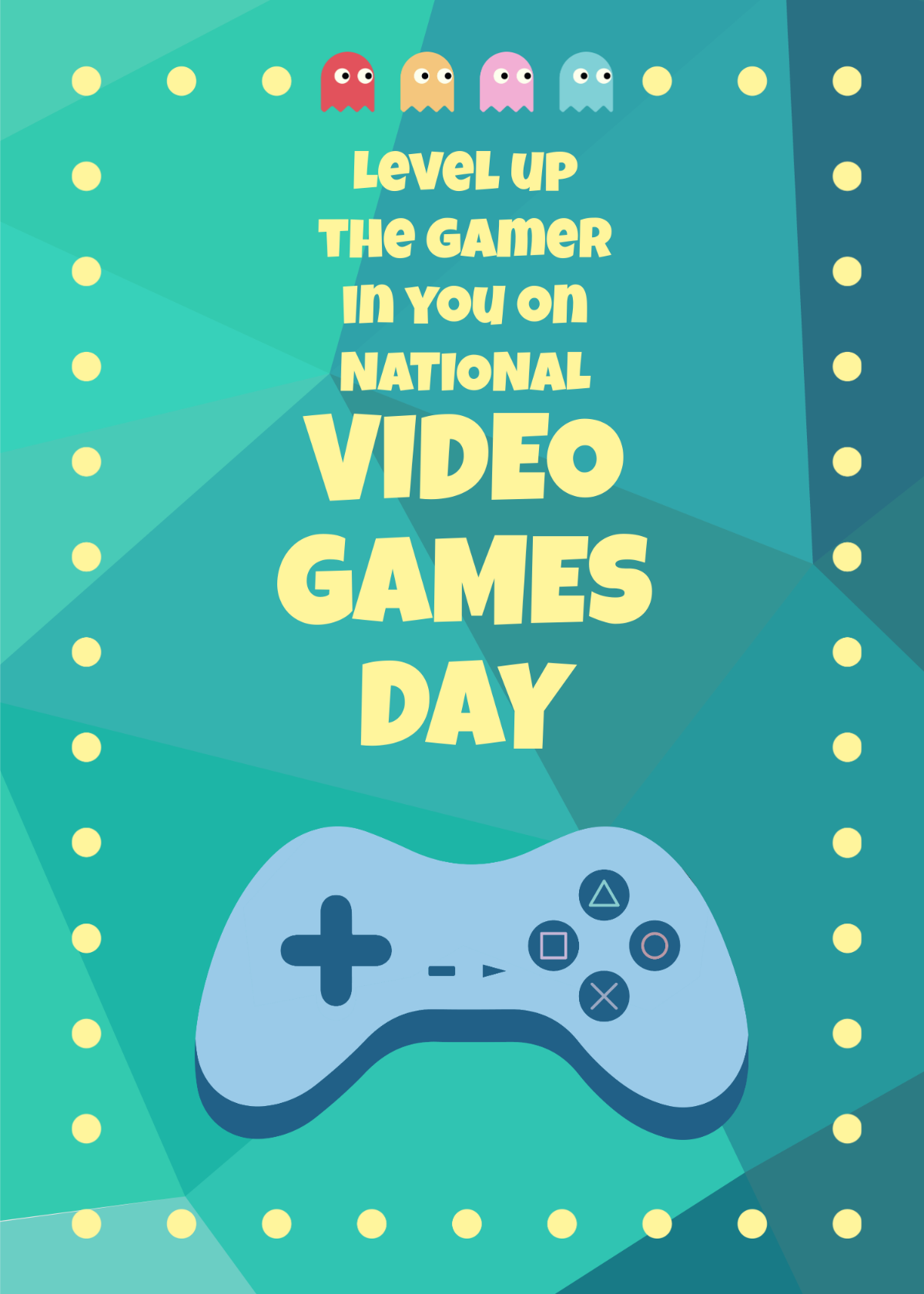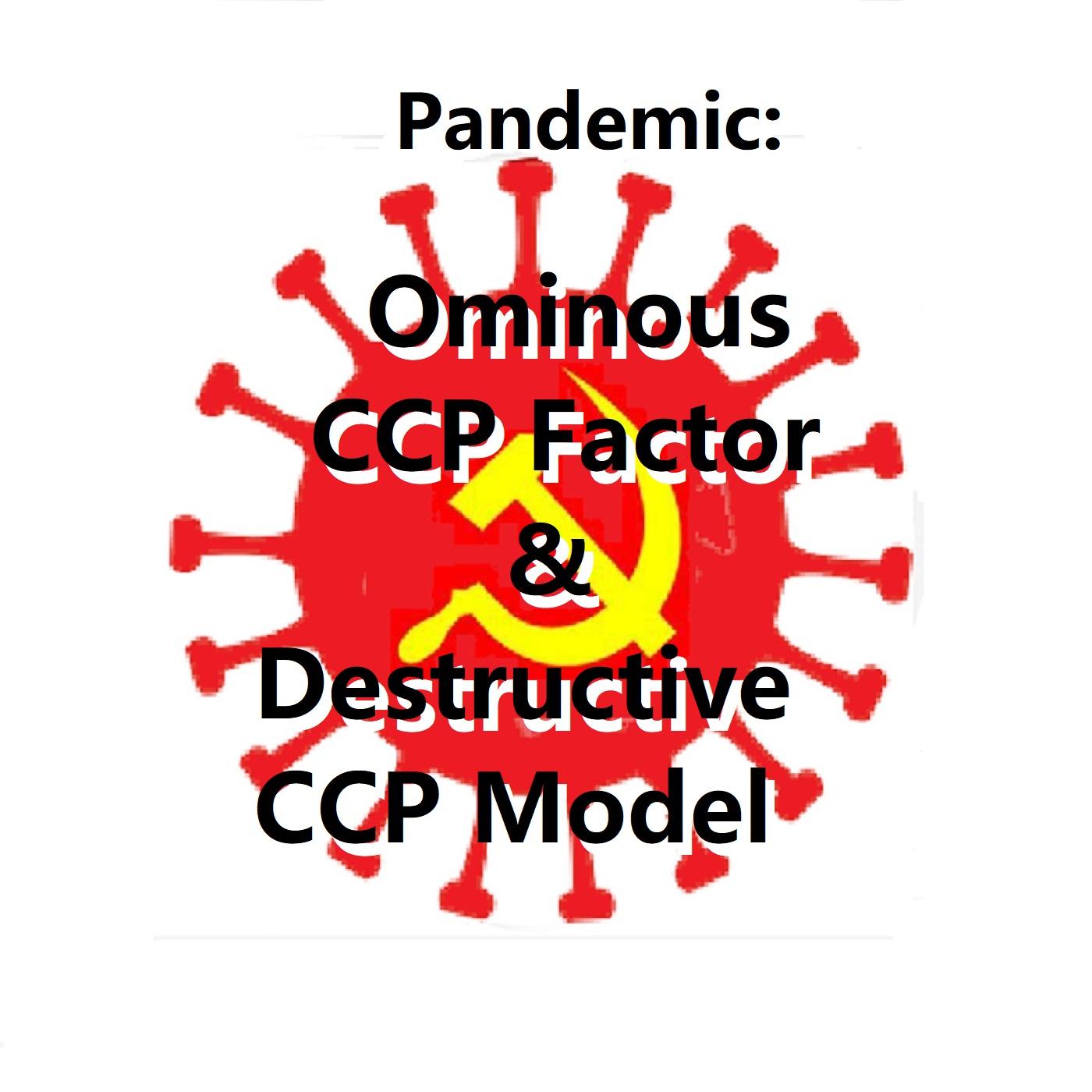Gallery
Photos from events, contest for the best costume, videos from master classes.
 |  |
 |  |
 |  |
 |  |
 |  |
 |  |
Dealing with Valentine's Day Depression Paul Greene, PhD Dr. Paul Greene is the director of the Manhattan Center for Cognitive-Behavioral Therapy in New York City. For example, a recent study of over 2,000 participants by Lange and colleagues (2022) found that people who did not receive a gift on Valentine’s Day reported more symptoms of depression than Also Read. 5 Reasons Why Fitness Can Be Your Valentine This Year; Valentine's Day: 5 Reasons Why This Day Can Cause Stress, Anxiety And Depression If Valentine’s Day blues become overwhelming or persistent, seeking support from a mental health professional can be beneficial. Valentine’s Day blues, though common, are not insurmountable. Valentine’s Day can bring up challenging emotions like grief, loneliness, or heartbreak, especially if you’re coping with past losses, unmet expectations, or societal pressures. The commercialization and idealized portrayals of love often lead to feelings of inadequacy, stress, or isolation, especially for those who are single, grieving, or Coping with Valentine's Day Stress. Managing Valentine's Day stress begins with acknowledging and validating one's emotions. It's essential to recognize that it's okay to feel a range of emotions, whether they be joy, sadness, or ambivalence. Engaging in self-care practices can help alleviate stress and promote emotional well-being. While many people celebrate love and romance on Valentine’s Day, for some people, it can be a day shadowed by pain and loss. Mental health issues from depression, grief and post-traumatic stress disorder (PTSD) can all trigger harmful negative emotions. DELMARVA – As you’re showering your significant other and loved ones for the Valentine’s Day holiday, mental health experts also want you to keep your mind on those struggling to get through The best way to fend off the blues on Valentine’s Day is to dismantle unrealistic expectations that we may have about the day, ourselves, or other people. If the last few years have taught us anything, it is that the world is in a constant state of change, and that creates opportunity for us to re-prioritize and self-define the meaning of Valentine's day is hugely celebrated all around the world but, is it really good for our mental health? Valentine's Day: 5 Reasons Why This Day Can Cause Stress, Anxiety And Depression Valentine’s Day: A Complex Emotion for Many Teens: Valentine’s Day, often associated with romantic love, can be a challenging time for teenagers dealing with depression, addiction, and feelings of isolation. It’s crucial to acknowledge the emotional complexities of this day and provide support for those who may be struggling. Valentine’s Day is a time to feel loved, so show yourself how much you love you. 2. Invest in all your relationships. Valentine’s Day is a day for love, but not just romantic love. Send Valentine’s Day cards to your family and friends, small gifts of love to your nieces and nephews, or maybe bake cookies for a neighbor. Make the day a day In fact, some research suggests that Valentine’s Day is the start of an annual rise in suicide rates that peaks in April. 1 These statistics aren’t that surprising when you consider that relationship problems are the number one cause of suicides in today’s day and age. 2 For some people, the romance and love associated with Valentine’s Somewhere around the time the New Year’s Eve parties ended, retail displays transformed from winter wonderlands to Cupid’s playgrounds. But whether you dread it or eagerly anticipate it, Valentine’s Day can also serve as a reminder that we can all use a bit of TLC (tender, loving care), regardless of our relationship status. Unrealistic depictions of Valentine’s Day — outrageous Valentine’s Day is a holiday that brings about mixed emotions. You could be single and resentful, or single and happy. You could be in a happy relationship or an unhealthy one. Either way, lots of people end up experiencing Valentine’s Day depression during the month of February. Depression on Valentine’s Day isn’t uncommon. (Content Warning: Suicide, Depression) Valentine's Day, like many holidays, gets quite a lot of attention each year, to the point of painting the month they’re set in a certain shade; in February's case, pink and red. We see commercials across television and on the internet adorned in hearts, in (sometimes ironic) appreciation for the season. These are five mental health tips for Valentine’s Day. How To Deal With Valentine’s Day Depression. Do you relate to glorifying how romantic relationships are portrayed in the media? Depression can be characterized by significant feelings of guilt, irritability, worthlessness, low energy, and a loss of interest in things that were once Valentine’s Day may possibly be one of the most hyped-up days of the year. The expectations for this day are almost too many to list! The media marketing machine plays a large role in the consumerism and pressure. “Sometimes self-care can be really hard with depression and it makes it hard to feel attractive, so treating you to a nice haircut and manicure/pedicure would be a thoughtful gesture. Maybe the day before Valentine’s Day so you can go out on a date feeling beautiful the next evening.” — Amy C. “With things like bubble bath and candles. Valentine’s Day can be depressing for single women or even couples who are having issues (or couples who just don't like the concept of this day), and it can be even worse for women who already have depression. Luckily, there are ways to enjoy V-Day, or “Singles Awareness Day,” in spite of depression.
Articles and news, personal stories, interviews with experts.
Photos from events, contest for the best costume, videos from master classes.
 |  |
 |  |
 |  |
 |  |
 |  |
 |  |